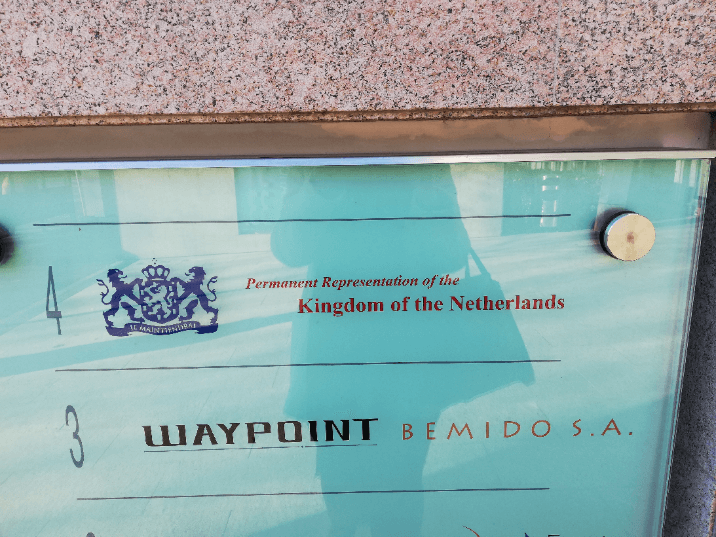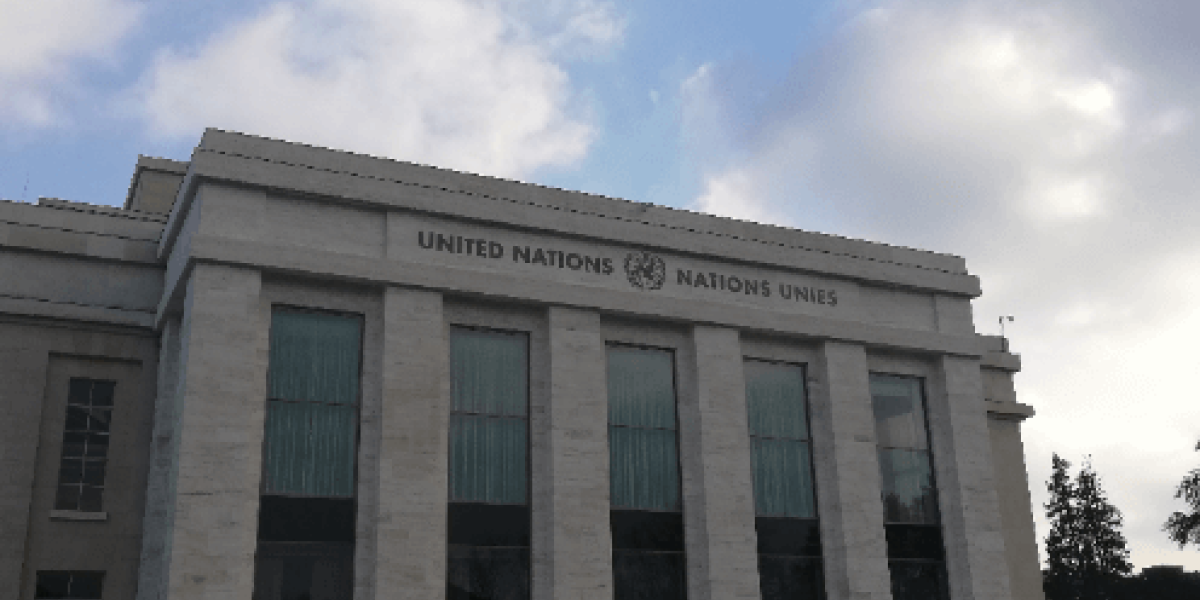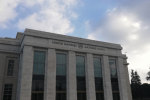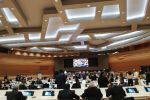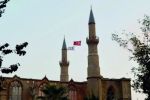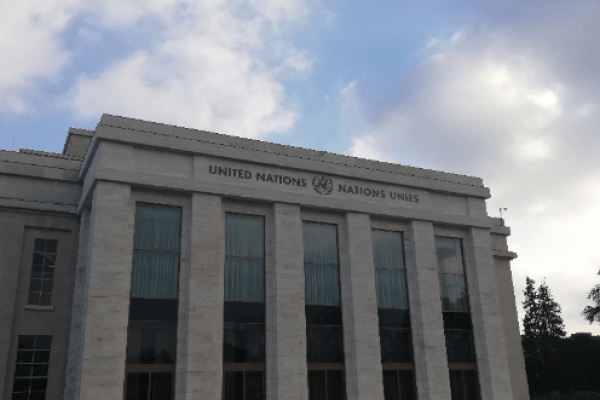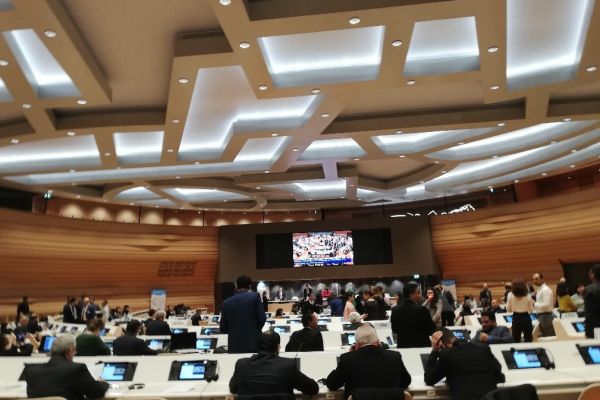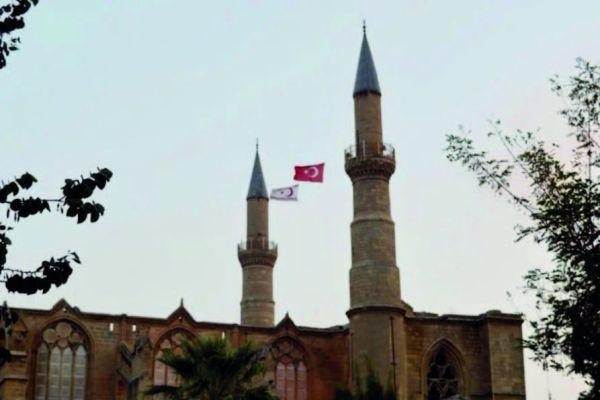As seen in a previous post, I am in Geneva to share the information about the human rights situation in Cyprus, in particular the situation of children living in the northern Cyprus (TRNC), at an international level. The goal has been to make sure that the delegations of all countries have this information, but more importantly, that in January 2019, during the official UN review of Cyprus, the delegations will ask about certain human rights issues that we found.
Usually countries under review will have a Pre-session, where civil society organisations can present the information directly to the delegations. However, the one specifically for Cyprus was cancelled due to a lack of speakers. Therefore, in order to distribute the information to the delegations throughout the week, I had to come up with alternative ways.
The first method was to directly approach the representatives of the delegations and explain why they needed to listen to what I had to say within 15 seconds. This usually occurred within the 10 minute window before and after other countries Pre-sessions. The representatives would have the name of their country in front of them and this would allow to know who I was speaking to and how to adapt my pitch.
In the 15 second pitch I would explain that the Cyprus Pre-Session has been cancelled so this would be one of the few chances to gather information. Usually, the representatives were interested and took the documents promising to look over them or pass them on to the appropriate person. Some were actually interested in the topic, asked questions and engaged in conversation. Only one had a problem with the topic and reports, and tried to lecture me on the political situation in Northern Cyprus and how what I was distributing was wrong!
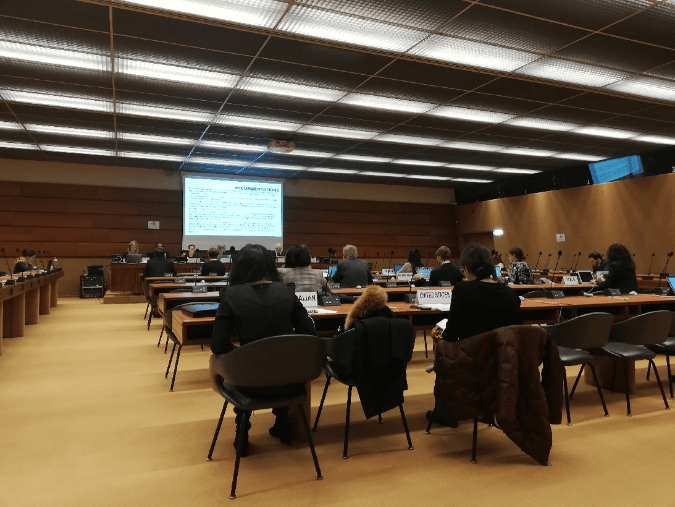
As a whole, this method definitely put my networking skills to the test! Within 10 minute windows I had to reach as many people as possible but still make sure to make a lasting impression so that the research results were known and hopefully used at a later stage. This was exceptionally difficult since I was very conscious as to not over step my role as ‘researcher’, and cross the line into activism.
The second method used to distribute the information was to contact as many delegations as possible to request a short meeting and provide them with documents and a deeper explanation of the research results. The countries which responded positively to this were the following: the Netherlands, Australia, Slovakia, and Ireland. Each of these meetings led to very interesting and engaging conversations, which was a great way to discuss the research results in depth. One delegation commended us on the work, but most of all, all four delegations were thankful for the reports.
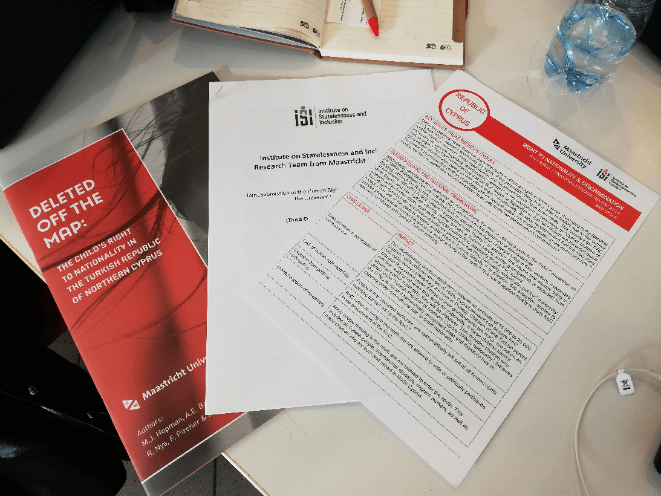
Most importantly, during these conversations, I was able to highlight key elements of the results as well as specific recommendations. A specific recommendation set forth was the idea of organising a bi-communal activity of research and reporting of children’s rights on the whole island of Cyprus. This proposed activity was very well received by all four delegations!
At this point, it is difficult to say which of these two methods was the most effective, but the second one clearly allowed for more depth as well as more of a personal interaction, which I think will allow for a greater impact further on in the process. In any case, regardless of the method taken, all delegations made it clear that they cannot make promises as to whether they will make such a recommendation, or a recommendation on the topic at all. But the positive response to the reports and discussions make me hopeful that perhaps one might… We will have to wait until next month to find out!
